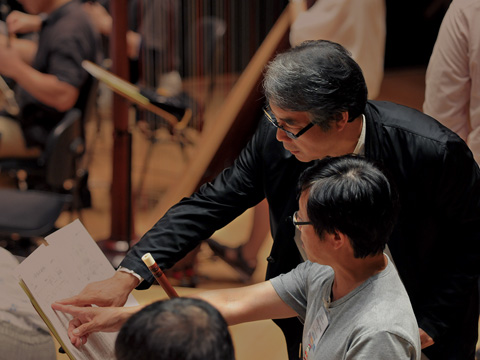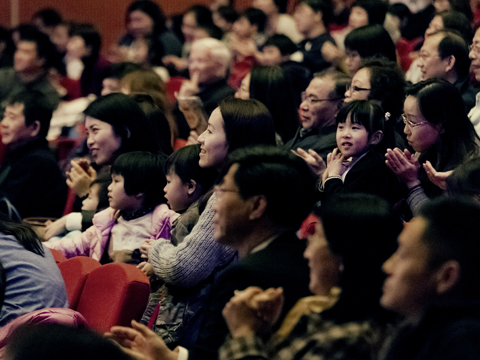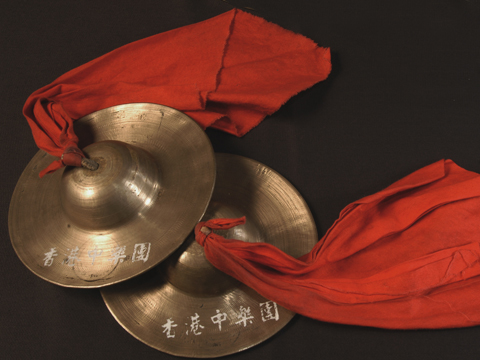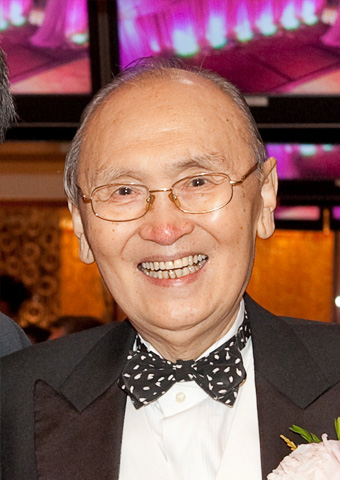
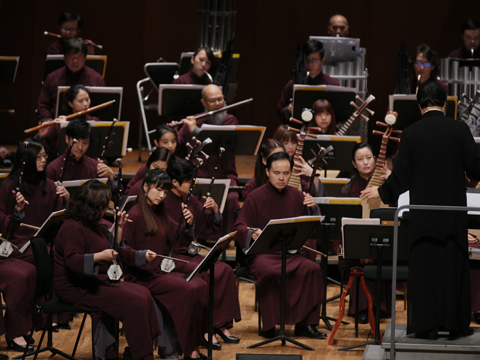
HKCO
Hong Kong Chinese Orchestra Environmental, Social and Governance Artistic Director and Principal Conductor for Life Orchestra Members Council Advisors & Artistic Advisors Council Members Management Team Vacancy Contact Us (Tel: 3185 1600)

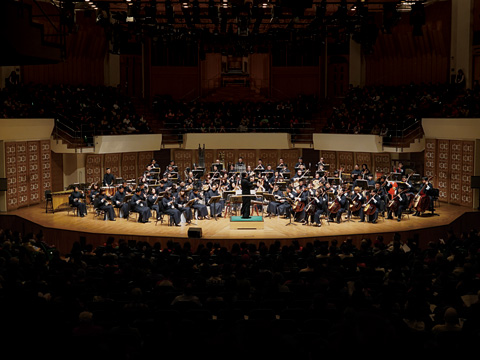
Concerts

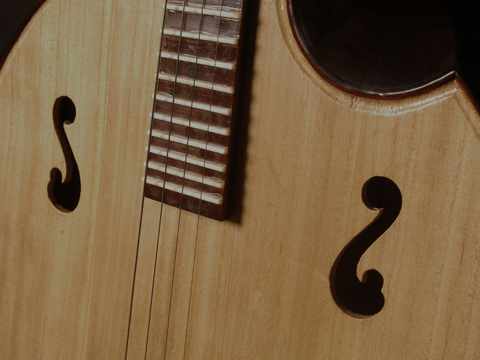
Education
The HKCO Orchestral Academy Hong Kong Youth Zheng Ensemble Hong Kong Young Chinese Orchestra Music Courses Chinese Music Conducting 賽馬會中國音樂教育及推廣計劃 Chinese Music Talent Training Scheme HKJC Chinese Music 360 The International Drum Graded Exam

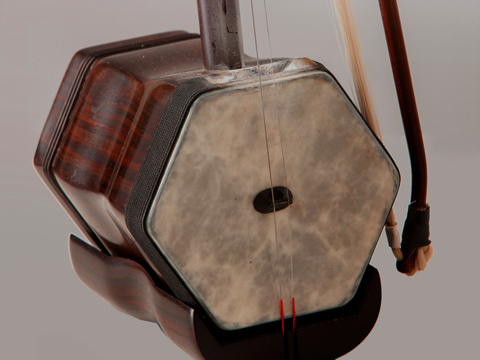
Instrument R&D
Eco-Huqins Chinese Instruments Standard Orchestra Instrument Range Chart and Page Format of the Full Score Configuration of the Orchestra
35th Orchestral Season
View Event Calendar
Full List Calendar
A Tribute to Tong Leung-tak
Date and Time
25-26/11/2011 8:00 pm
Venue
Hong Kong City Hall Concert Hall
Ticket Fee
$260, $200, $150
Conductor
Yan Huichang
Ho Man-chuen
Tsui Ying-fai
Ho Man-chuen
Tsui Ying-fai
Performed by
Tang Liangxing
Koo Sing-fai
Hong Kong Chinese Orchestra
Tang Ensemble
Hong Kong Youth Chinese Orchestra
Alumni of HKYCO
Koo Sing-fai
Hong Kong Chinese Orchestra
Tang Ensemble
Hong Kong Youth Chinese Orchestra
Alumni of HKYCO
In conjunction with the Music Office in Hong Kong, the concert is a tribute to Mr. Tong Leung-tak for his contribution to Chinese music education and the promotion of the genre in Hong Kong. The programme features works composed and arranged by him.
- Tribute to Tong Leung-tak (Hong Kong Economic Journal 23 November 2011)
- Tribute to Tong Leung-tak (Ta Kung Pao 9 November, 2011)
Videos
Programme
Music Gives Us Wings Tong Leung-tak Instrumentation by Tam Chi Bun Orch.
Conductor: Yan Huichang Performed by Hong Kong Chinese Orchestra
Qin music
Three Variations on Yangguan Ancient Tune Orchestration by Tong Leung-tak
Conductor: Yan Huichang Performed by Hong Kong Chinese Orchestra
Guest Performance: Lau Siu-ming
Erhu Tutti
On Horseback Tong Leung-tak
Battle on Taihangshan Wang Li-ping Arr. by Tong Leung-tak
Conductor: Ho Man-chuen Performed by the alumni of Hong Kong Youth Chinese Orchestra
Erhu: Tong’s students
Spring Tide in Gansu (25/11) Liu Wen-jin
Story of the Shells (26/11) Qian Zhao-xi
Conductor: Tsui Ying-fai Performed by Hong Kong Youth Chinese Orchestra
Erhu and Orchestra
Capriccio on The Theme of Princess Changping Arr. by Tong Leung-tak
Conductor: Yan Huichang Performed by Hong Kong Chinese Orchestra and alumni of HKYCO
Erhu: Kenny Koo
Going to the Fair Jiangnan Sizhu Compiled by Tong Leung-tak
Performed by Tang Ensemble
Jiangnan Sizhu and Orchestra
Song of Joy Jiangnan Sizhu Arr. by Tong Leung-tak
Conductor: Yan Huichang Performed by Hong Kong Chinese Orchestra and Tang Ensemble
Morning in Hong Kong Tong Leung-tak Instrumentation by Tam Chi Bun Orch.
The Phoenix Rising from the Ashes Kuan Nai-chung
Conductor : Yan Huichang Performed by Hong Kong Chinese Orchestra
Conductor: Yan Huichang Performed by Hong Kong Chinese Orchestra
Qin music
Three Variations on Yangguan Ancient Tune Orchestration by Tong Leung-tak
Conductor: Yan Huichang Performed by Hong Kong Chinese Orchestra
Guest Performance: Lau Siu-ming
Erhu Tutti
On Horseback Tong Leung-tak
Battle on Taihangshan Wang Li-ping Arr. by Tong Leung-tak
Conductor: Ho Man-chuen Performed by the alumni of Hong Kong Youth Chinese Orchestra
Erhu: Tong’s students
Spring Tide in Gansu (25/11) Liu Wen-jin
Story of the Shells (26/11) Qian Zhao-xi
Conductor: Tsui Ying-fai Performed by Hong Kong Youth Chinese Orchestra
Erhu and Orchestra
Capriccio on The Theme of Princess Changping Arr. by Tong Leung-tak
Conductor: Yan Huichang Performed by Hong Kong Chinese Orchestra and alumni of HKYCO
Erhu: Kenny Koo
Going to the Fair Jiangnan Sizhu Compiled by Tong Leung-tak
Performed by Tang Ensemble
Jiangnan Sizhu and Orchestra
Song of Joy Jiangnan Sizhu Arr. by Tong Leung-tak
Conductor: Yan Huichang Performed by Hong Kong Chinese Orchestra and Tang Ensemble
Morning in Hong Kong Tong Leung-tak Instrumentation by Tam Chi Bun Orch.
The Phoenix Rising from the Ashes Kuan Nai-chung
Conductor : Yan Huichang Performed by Hong Kong Chinese Orchestra
Music: View and Previews
The Overlooked Side of Mr. Tong Leung-tak’s Musical Achievements
Chow Fan-fuMr. Tong Leung-tak (31 March 1938 - 31 August 2010) came to Hong Kong with his family in September 1977. I still remember the excited telephone call from Ng Tai-kong, who was at the helm of the Hong Kong Chinese Orchestra and instrumental in turning the amateur group into a professional company, when he exclaimed, “There’s a guy from the Mainland who is very good at the erhu, from the famed Tang Music Group. He has just arrived in Hong Kong! we’re going to invite him to join us. His name is Tong Leung-tak.”
In truth of fact, long before Mr. Tong’s erhu was heard on the concert stage of Hong Kong, the fame of the Tang’s Music Group already preceded him. Music teachers in secondary schools, when talking about the traditional mentoring system of Chinese music training, would mention the group in the same breath. As an important member of the group, Tong enjoyed widespread fame as an erhu artist between the 1960’s and 70’s. On resettling in Hong Kong, he brought with him the crafts and techniques he learned in Shanghai and Beijing. It can be said that he set a new benchmark for erhu playing in Hong Kong with his luminous presence, which was the result of eighteen years (1938-1956) honing his erhu art in Shanghai, and twenty-one years (1956-1977) in Beijing.
When the Hong Kong Artists’ Guild presented him with the ‘Artist of the Year – Arts Education’ award in 1991, it was perhaps just another jewel in the crown. But then, the award served as an affirmation of his efforts in ‘giving up’ the more visible career as a performing artist and opting for music education at the Music Office of Hong Kong. As a committee member of the Guild then, I was very much an ‘insider’ in the music circle of Hong Kong. I can still recall how delighted I was to see Mr. Tong being elected the recipient of that honour by a unanimous vote. It was also the fruit of bounty that Mr. Tong reaped for his dedicated work at the Music Office – which spanned twenty years and 76 days, between 1977 and 1998, to be exact.
Yet there is another side to his music career that has long been overlooked, that is, music arrangement. He had quite an oeuvre in this area, but it had been overshadowed by his achievements as a musician and educationist. When he was in Beijing, he wrote more than a dozen works for orchestra, and another dozen for erhu solo. The titles included A Paean to Oil Fields, Guarding the Frontier on Horseback, Maiden of the South Seas etc.. In March 1988, he and the Hong Kong Chinese Orchestra gave three concerts entitled An Evening of Ancient Melodies and Jiangnan Classical Music, which was probably his second solo performance since coming to Hong Kong. For that occasion, he gave a new arrangement of Autumn Moon in the Han Palace, and wrote a new piece, Princess Changping. Despite his rich oeuvre, not many of them found their way to the concert stage. This concert is therefore a truly remarkable tribute to this great mentor. The Hong Kong Chinese Orchestra, his former students, the Hong Kong Youth Chinese Orchestra (which sprouted under his hand at the Music Office), and members of the Tang Music Group, have come together to perform some of the most notable original compositions as well as arrangements by Mr. Tong. While his friends, colleagues and students revisit Mr. Tong’s music, the audience can share with them the heart notes of a music-maker who had devoted half of his life to Chinese music education, for the benefit of the people of Hong Kong.
版權所有,如未得香港中樂團同意,請勿轉載或複印。
Your Support
The HKCO is a non-profit organization. It is through your support that we can continue to make life beautiful, with arts, music, and a thankful heart.
Friends of HKCO
Copyright © 2025 HKCO
